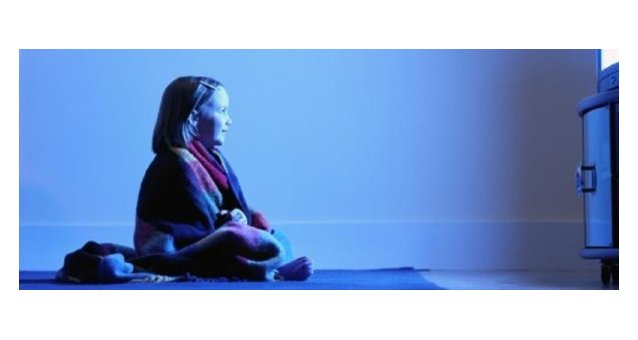European Economic and Social Committee slates harmful ads

[EESC, Brussels, 18 September 2012] In a bid to protect children against harmful advertising and damaging online content, the European Economic and Social Committee at its plenary session today called for specific regulations to be put in place.
At its plenary session of 18 and 19 September, the EESC adopted two opinions on advertising aimed at children, the internet and social media.
"More and more often, children, including very young children, have access to a television and the internet alone and unsupervised. 38% of children between the ages of 9 and 12 already have an online profile, and this figure rises to 78% for 13-16 year olds. We need to monitor this new reality," said Jorge Pegado Liz, rapporteur for the EESC opinion on advertising aimed at young people and children.
TV advertising has started using more sophisticated product-marketing techniques in a bid to becoming more persuasive. Despite that, current legislation has abandoned any restrictions on inserting adverts. Moreover, advertising is now present not only in audiovisual media, but also on the internet and social networks, requiring more restrictive and cross-cutting measures.
According to the EESC, the EU communication for a child-friendly internet was "a missed opportunity" for creating a coherent framework to protect minors. The communication fails to provide clear rules on advertising and glosses over food advertising, which, in the Committee’s view, deserves specific regulation.
Favouring E-commerce over child protection
While backing the EU’s bid to create a competitive digital single market, the Committee cautioned against favouring e-commerce over child protection. Although the internet was not designed with children in mind, 75% of children now use it. "The communication makes business growth a key objective, almost putting child protection in second place," said Antonio Longo (Italy, Various Interests Group), rapporteur for the opinion on a European Strategy for a Better Internet for Children.
Self-regulation of business operators will not suffice to protect children online, warned the EESC. "Stringent rules should include the closure of these websites and the withdrawal of licences in cases where holders breach data protection rules or promote child pornography," added Mr Longo.
For more information please contact:
Karin Füssl, Head of the Press Unit
Tel.: +32 2 546 87 22
E-mail: Karin.Fussl@eesc.europa.eu




